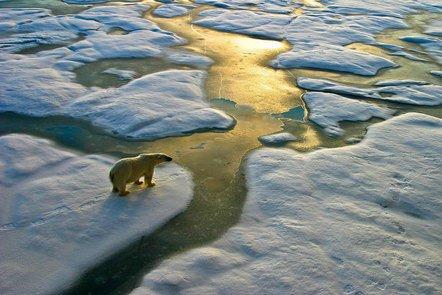Valuing Nature: Should We Put a Price on Ecosystems? (FutureLearn)
Categories
Effort
Languages
Discover the many ways that we benefit from the natural world through ecosystem services. There are many services that ecosystems provide that we never even consider, until we destroy them. Natural ecosystems help alleviate flooding, improve food security and protect our coastlines. Yet we consistently replace these ecosystems with [...]
Available now




